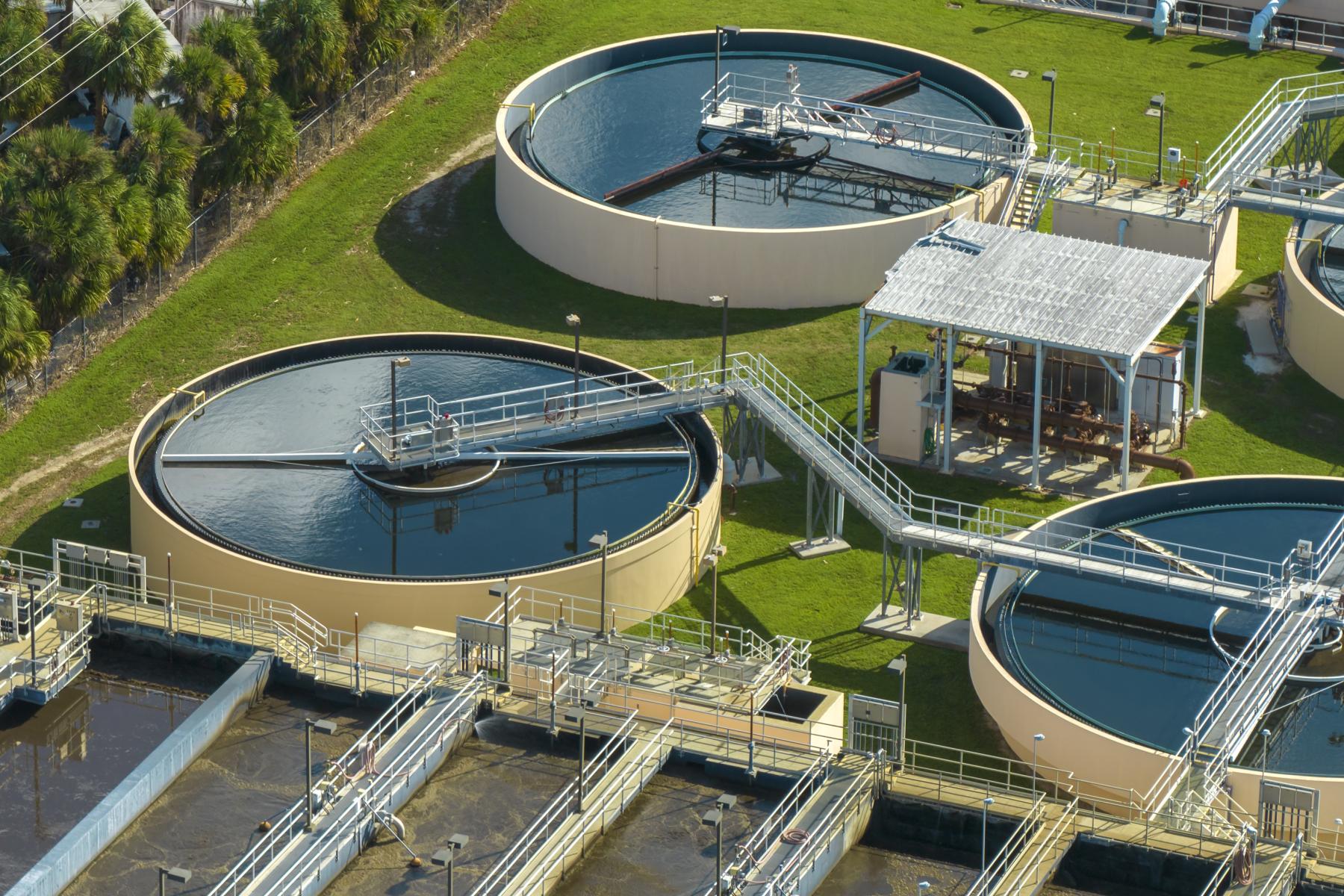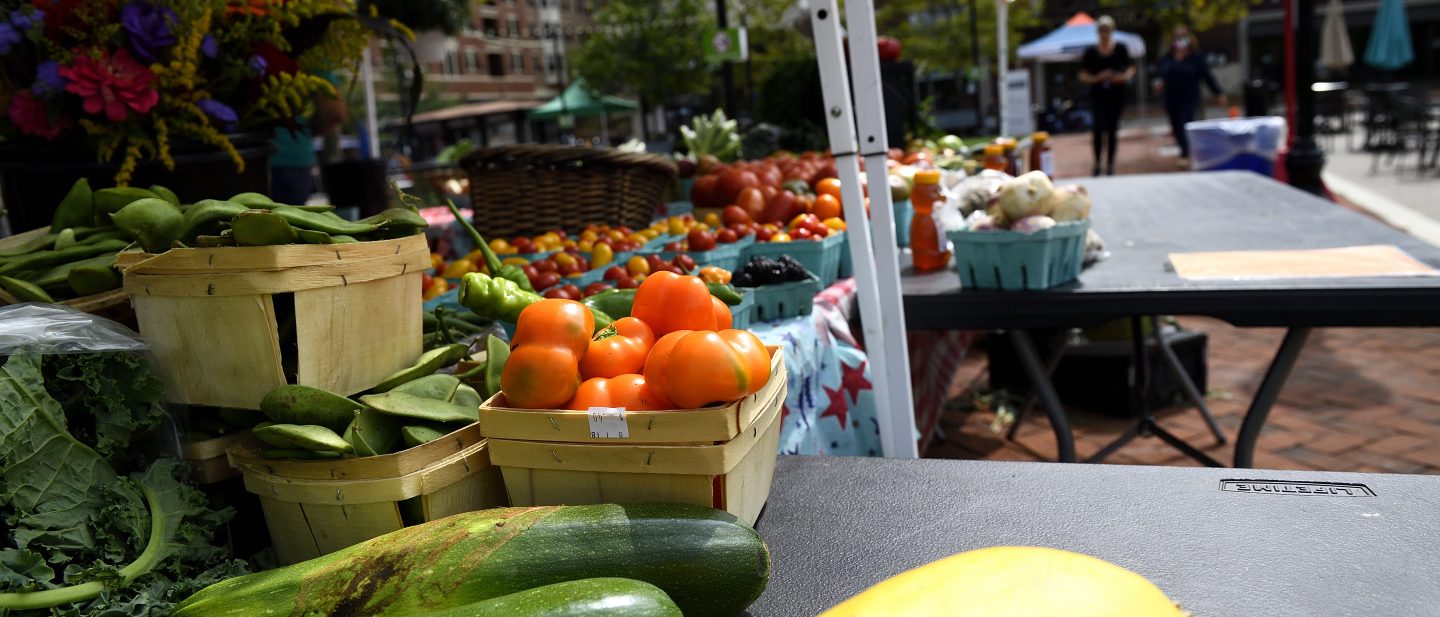
Reduce
The most impactful action JHU can take to minimize the environmental and public health consequences of our consumption is to reduce the waste we generate. The Office of Sustainability and partners are working collectively to shift our culture towards responsible consumption, committing to a pathway to zero waste in the Climate Action and Sustainability Plan.
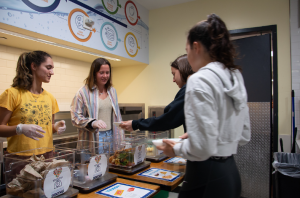 The Weigh Your Waste initiative promotes food waste reduction and sustainability on campus by encouraging students to be mindful of their plate waste. Using peer-to-peer education, we hope to change students’ behaviors in our dining halls in a respectful, guilt-free way. Last year, we saw an average 20% decrease in total waste and 25% decrease in edible food waste over the course of the campaign.
The Weigh Your Waste initiative promotes food waste reduction and sustainability on campus by encouraging students to be mindful of their plate waste. Using peer-to-peer education, we hope to change students’ behaviors in our dining halls in a respectful, guilt-free way. Last year, we saw an average 20% decrease in total waste and 25% decrease in edible food waste over the course of the campaign.
 Johns Hopkins is the founding member of the Free Food Alert— an innovative platform established by three JHU students in 2017 to reduce food waste from campus events. Recently redeveloped, this platform provides a mobile alert system for notifying JHU community members of excess event food. Subscribe to send and receive Free Food Alerts below!
Johns Hopkins is the founding member of the Free Food Alert— an innovative platform established by three JHU students in 2017 to reduce food waste from campus events. Recently redeveloped, this platform provides a mobile alert system for notifying JHU community members of excess event food. Subscribe to send and receive Free Food Alerts below!
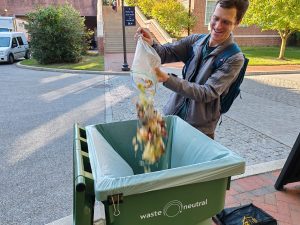 In September 2023, JHU partnered with the Baltimore City Department of Public Works to expand their Residential Food Scrap Drop-Off Program. With funding from a USDA-administered grant that DPW received, JHU established two new sites expanding access to composting across the city. JHU affiliates and Baltimore community members alike can drop off their compost on the Homewood campus at the Mudd/Levi lot, and on the East Baltimore in front of CRBII 24/7. Find a Baltimore City location
In September 2023, JHU partnered with the Baltimore City Department of Public Works to expand their Residential Food Scrap Drop-Off Program. With funding from a USDA-administered grant that DPW received, JHU established two new sites expanding access to composting across the city. JHU affiliates and Baltimore community members alike can drop off their compost on the Homewood campus at the Mudd/Levi lot, and on the East Baltimore in front of CRBII 24/7. Find a Baltimore City location
Reuse
All products have impacts on environmental and human health throughout their lifecycle, from extraction through end of life. The Office of Sustainability encourages the university to reuse items to their fullest potential and prioritize the purchase of high-quality, non-toxic, and durable goods over single-use products whenever possible.
 The Hop Reuse Hub is a surplus furniture program established in 2013 to reduce waste by encouraging the use of quality, secondhand furniture previously owned by JHU departments. The program plays an important role in JHU’s reuse initiatives and helps save the university money by allowing departments to avoid the purchase of new furniture. Since its inception, the program has avoided the disposal of over 400,000 pounds of furniture and donated $100,000 worth of items to local non-profits.
The Hop Reuse Hub is a surplus furniture program established in 2013 to reduce waste by encouraging the use of quality, secondhand furniture previously owned by JHU departments. The program plays an important role in JHU’s reuse initiatives and helps save the university money by allowing departments to avoid the purchase of new furniture. Since its inception, the program has avoided the disposal of over 400,000 pounds of furniture and donated $100,000 worth of items to local non-profits.
 All Homewood Campus cafés are committed to providing a discount to those who bring their own reusable cups and mugs! Find more sustainability tips on our Live Sustainably page.
All Homewood Campus cafés are committed to providing a discount to those who bring their own reusable cups and mugs! Find more sustainability tips on our Live Sustainably page.
Recycle
Diverting materials from incinerators and landfills is not only important from an environmental perspective, but due to the local health impacts of waste disposal, is a key action JHU must take to address environmental justice and reduce disproportionate harm to low-income, communities of color. Recycling and compost are available on all JHU campuses to make it as convenient as possible for students, faculty, staff, and visitors.
 In 2021, Johns Hopkins Facilities and Real Estate implemented a Construction and Demolition Waste Management Policy to require tracking, recycling, and reuse guidelines to divert waste from university construction projects. Specifically, this policy sets a 75% recycling requirement for all projects pursuing 3rd party green certification and establishes protocols to collect and redistribute furniture and materials to other JHU projects, the Hop Reuse Hub, or for donation to local charities or outside vendors.
In 2021, Johns Hopkins Facilities and Real Estate implemented a Construction and Demolition Waste Management Policy to require tracking, recycling, and reuse guidelines to divert waste from university construction projects. Specifically, this policy sets a 75% recycling requirement for all projects pursuing 3rd party green certification and establishes protocols to collect and redistribute furniture and materials to other JHU projects, the Hop Reuse Hub, or for donation to local charities or outside vendors.
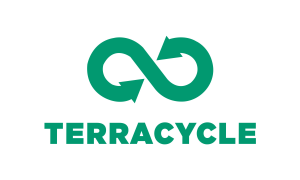 TerraCycle is a program that collects and turns hard-to-recycle items into new products. While Terracycle items cannot go in the hallway recycling bins, students can place empty bathroom products like toothpaste tubes, toothbrushes, hair care packaging, and cosmetic containers in the designated bins in residence hall lobbies and laundry rooms. Staff on the Homewood Campus can submit a work order to have writing utensils like pens and markers, food packaging like energy bar wrappers and coffee bean bags, and oral care items like toothpaste and toothbrushes picked up.
TerraCycle is a program that collects and turns hard-to-recycle items into new products. While Terracycle items cannot go in the hallway recycling bins, students can place empty bathroom products like toothpaste tubes, toothbrushes, hair care packaging, and cosmetic containers in the designated bins in residence hall lobbies and laundry rooms. Staff on the Homewood Campus can submit a work order to have writing utensils like pens and markers, food packaging like energy bar wrappers and coffee bean bags, and oral care items like toothpaste and toothbrushes picked up.
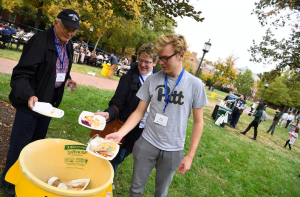 Campus events are an essential element of university life and culture; however, they can generate large amounts of waste. Steps can be taken by event planners to reduce waste and divert materials from the incinerator or landfill to compost and recycling. Learn about ways to plan a green event and promote sustainability while gathering with friends or colleagues.
Campus events are an essential element of university life and culture; however, they can generate large amounts of waste. Steps can be taken by event planners to reduce waste and divert materials from the incinerator or landfill to compost and recycling. Learn about ways to plan a green event and promote sustainability while gathering with friends or colleagues.
 JHU’s world-leading research produces hundreds of tons of laboratory waste annually. While much of this waste is required to be disposed as biohazardous waste, certain lab products can be diverted from landfill and incineration through specialty recycling or composting programs. Learn more.
JHU’s world-leading research produces hundreds of tons of laboratory waste annually. While much of this waste is required to be disposed as biohazardous waste, certain lab products can be diverted from landfill and incineration through specialty recycling or composting programs. Learn more.

Recycling & Composting Guidelines
Help contribute to JHU’s waste reduction and diversion efforts by recycling and composting properly on campus.

